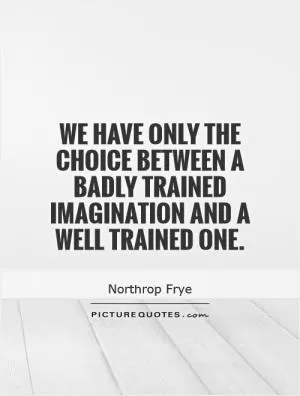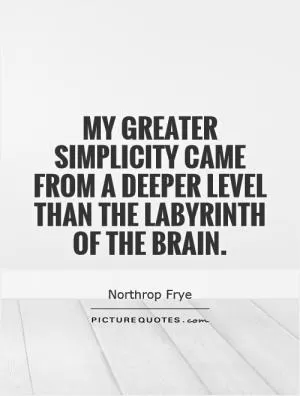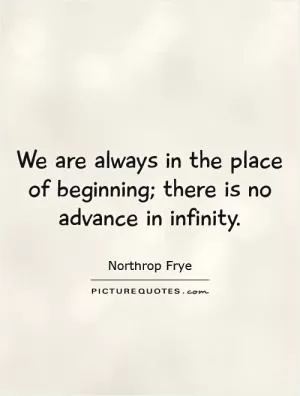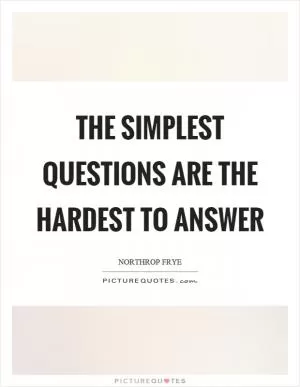Wherever illiteracy is a problem, it's as fundamental a problem as getting enough to eat or a place to sleep

Wherever illiteracy is a problem, it's as fundamental a problem as getting enough to eat or a place to sleep
Northrop Frye, a renowned literary critic and scholar, once famously said, “Wherever illiteracy is a problem, it's as fundamental a problem as getting enough to eat or a place to sleep.” This statement highlights the critical importance of literacy in society and the profound impact it has on individuals and communities. Illiteracy is not just a lack of reading and writing skills; it is a barrier to education, employment, and social mobility. It is a fundamental problem that hinders personal growth, limits opportunities, and perpetuates cycles of poverty and inequality.In the context of Northrop Frye’s work, this statement can be interpreted as emphasizing the transformative power of literature and the written word. Frye believed that literature has the ability to shape our understanding of the world, challenge our perspectives, and inspire us to think critically about ourselves and society. Illiteracy, therefore, represents a significant obstacle to accessing this transformative power and engaging with the rich cultural heritage of literature.
Furthermore, Frye’s statement underscores the interconnectedness of literacy with other basic human needs such as food and shelter. Just as access to food and shelter is essential for survival, access to education and literacy is essential for personal development and social progress. Illiteracy not only limits individuals’ ability to communicate and express themselves but also restricts their capacity to learn, grow, and participate fully in society.
Moreover, Frye’s assertion highlights the moral imperative of addressing illiteracy as a social issue. Just as we have a responsibility to ensure that everyone has enough to eat and a place to sleep, we also have a responsibility to promote literacy and provide opportunities for education. By addressing illiteracy, we can empower individuals to reach their full potential, break the cycle of poverty, and contribute meaningfully to their communities.












 Friendship Quotes
Friendship Quotes Love Quotes
Love Quotes Life Quotes
Life Quotes Funny Quotes
Funny Quotes Motivational Quotes
Motivational Quotes Inspirational Quotes
Inspirational Quotes